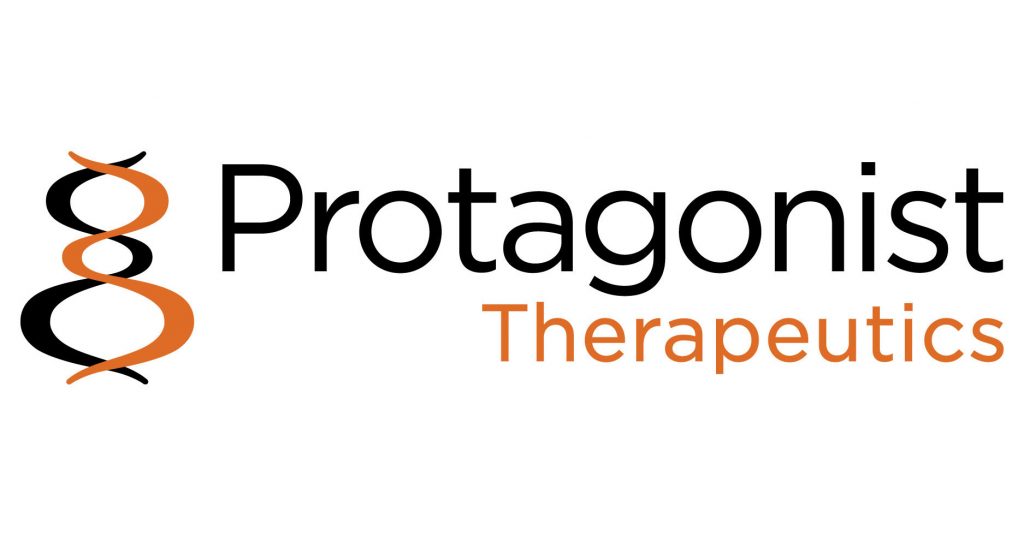Protagonist Therapeutics, Inc. (PTGX) is drawing a lot of attention in the biotechnology space at the moment on the back of the release of some data rooted in a clinical trial program set up to investigate an asset called PTG-100. Tahis is the lead asset from Protagonist’s development pipeline and, unfortunately for the company and its shareholders, the news that has hit press isn’t positive.
So what happened?
Well, PTG-100 was under investigation as a potential therapy for the treatment of ulcerative colitis. This is a long-term (chronic) condition where the colon and rectum (large intestine or large bowel) become inflamed and, right now, treatment options in the space are severely limited.
With its lead development asset, Protagonist was trying to change this and overcome the current limitations with the provision of a fresh treatment option for patients in this space.
As it turns out, however, it’s not that simple.
The latest news rests on the decision of a data monitoring committee (DMC), which was put in place to take a look at interim numbers from the above-mentioned phase 2 clinical trial. The numbers were pulled from a pool of 65 patients (the trial was initially planned to enroll 240 patients) and, as per the DMC ruling on this trial, data from these 65 patients suggests that the study has little to no chance of completing successfully (i.e., meeting against its predetermined primary endpoints).
The outcome of this, then, is that Protaganist has decided to drop the trial, at least for the time being, halting dosing and stopping the enrolling patients.
At the same time, management has also pointed out that it is delaying (or, more likely, scrapping altogether) the implementation of a planned phase 3 trial that was going to look at the same drug but in a different condition, this time in Pouchitis, which is inflammation of the ileal pouch (an artificial rectum surgically created out of ileal gut tissue in patients who have undergone a colectomy).
As might be expected, then, the company is experiencing a steep decline in its share price, opening this week at a close to 60% discount to the price at which it traded before this development hit press.
So what comes next?
Well, this trial might be scrapped, but exactly how things play out going forward as relates specifically to this asset in this indication remain somewhat unclear. The DMC ruled that the study is unlikely to complete successfully but, at the same time, the company has noted that the failure rests to some degree on an unexpectedly high placebo rate, meaning that there may still be some degree of efficacy present when the numbers are released in detail.
If this is the case, and if, in turn, the company can restart the program in such a way that it can help prevent any unexpected placebo readings skewing the results, we may see some degree of recovery in both its share price and in terms of investor sentiment going forward.
Ablynx NV (ABLX) is also moving right now, with this one rooted in a drug called vobarilizumab, which Ablynx was trying to show could be an effective treatment in patients with systemic lupus erythematosus (SLE), an autoimmune disease that affects the skin and joints and can also involve internal organs including the heart or kidney.
As per the latest release, this drug just failed in a phase 2 study, with an analysis of the data revealing that the program failed to detect a dose-response at week 24, which means that the trial missed its primary endpoint.
This is, of course, disappointing for the company and its shareholders but there is also another element in play here and that is that this drug was one of the driving forces behind Sanofi (SNY) wanting to take over Ablynx in the $4.8 billion buyout offer (which was subsequently accepted) and that should close at some point over the coming quarters.
In other words, then, this is more of a blow to Sanofi than it is to Ablynx, assuming the former doesn’t seek to renegotiate its buy price.
